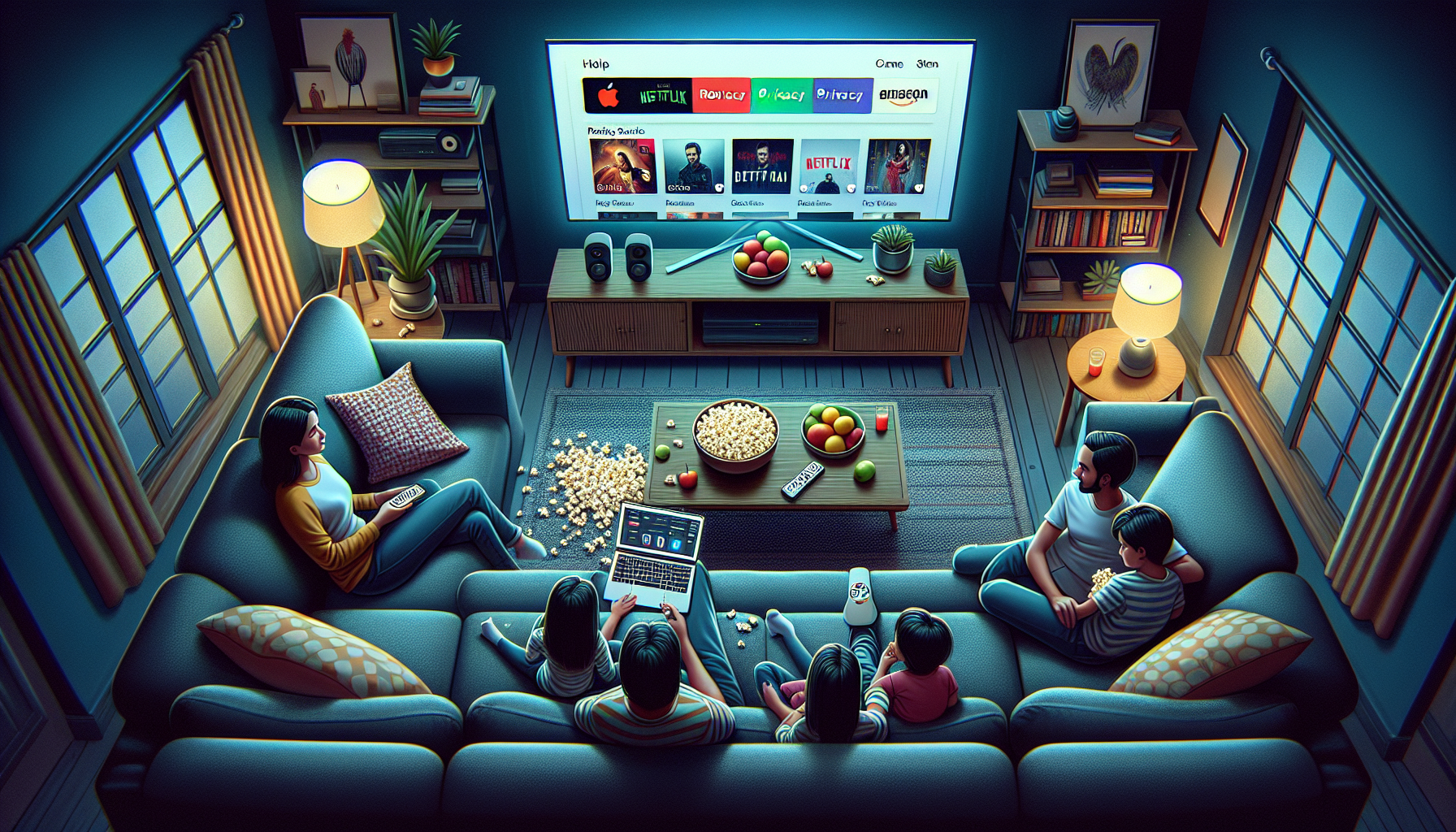
Reasons Privacy Advocates Prefer Apple TVs for Streaming
Advanced Privacy Features in Apple TVs
Apple TVs operating on tvOS 14.5 and subsequent versions have gained popularity among users who are privacy-minded due to their extensive privacy capabilities. A notable feature is the necessity for third-party applications to seek consent before tracking users. If a user opts for “Ask App Not to Track,” the developer of the app is unable to access the system advertising identifier (IDFA), typically utilized for tracking purposes. Furthermore, apps are barred from monitoring user actions through other identifiable data, such as email addresses.
User Authority Over App Permissions
Apple TV empowers users to dictate which applications can utilize various functions of the device. This encompasses managing access to Bluetooth, photos, music, HomeKit information, and the microphone of the remote. Such detailed authority over app permissions offers significant benefits to users who place a premium on their privacy.
Apple’s Business Approach and Privacy
In contrast to numerous other technology firms, Apple’s business model does not significantly depend on selling targeted advertisements. This diminishes the motivation for Apple to gather and profit from user data. RJ Cross, director of the consumer privacy program at the Public Interest Research Group (PIRG), notes that Apple is viewed as more reliable with user data when compared to other tech conglomerates.
Sharing Analytics Information with Apple
For users opting to share analytics information with Apple or app developers, Apple guarantees that this information remains anonymous. Personal data is either not logged, deleted from reports before transmission, or secured through methods like differential privacy. Differential privacy entails introducing noise into the collected data to anonymize it, thereby ensuring that even when data is shared, it cannot be linked back to individual users.
The Importance of Differential Privacy
Apple applies differential privacy to safeguard user data. This technique anonymizes information on the user’s device prior to being sent to Apple’s servers. Device identifiers are eliminated, and data is sent over encrypted channels. This data is then processed in a restricted access environment, where even the privatized data is not widely available to Apple personnel. This layered approach guarantees that user data remains secure and confidential.
Apple Accounts and Privacy
Using an Apple account with Apple TV allows users to take advantage of Apple’s rigorous privacy policies. Apple accounts, previously known as Apple IDs, aim to protect user information and provide a secure method for accessing Apple services. Apple’s dedication to privacy encompasses how it manages account data, ensuring user information remains protected.
Summary
Apple TVs represent an attractive option for privacy advocates due to their extensive privacy features and Apple’s dedication to safeguarding user data. From managing app permissions to utilizing sophisticated methods like differential privacy, Apple establishes a high benchmark for privacy in the streaming landscape. As privacy issues continue to escalate, Apple TVs offer a dependable choice for users who prioritize their privacy.
Q&A
Why are Apple TVs favored by privacy advocates?
Apple TVs are preferred by privacy advocates because they mandate apps to seek permission before tracking users and provide detailed control over app permissions. Additionally, Apple’s business model is not heavily focused on targeted ads, diminishing the drive to gather user data.
How does Apple protect the privacy of analytics data?
Apple employs differential privacy to anonymize analytics data. This entails privatizing information on the user’s device, eliminating device identifiers, and sending data over encrypted channels. The data is subsequently handled in a restricted access environment to maintain privacy.
What is differential privacy?
Differential privacy is a methodology used to anonymize data by incorporating noise into it. This ensures that even if data is shared, it cannot be traced back to individual users, thereby protecting their privacy.
Are users able to manage app permissions on Apple TV?
Yes, Apple TV permits users to manage which apps can access Bluetooth, photos, music, HomeKit data, and the remote’s microphone, granting users significant control over their privacy.
Does Apple engage in selling targeted ads?
Apple’s business model does not heavily depend on selling targeted advertisements, which reduces the motivation for the company to gather and monetize user data, making it a more privacy-oriented option for users.